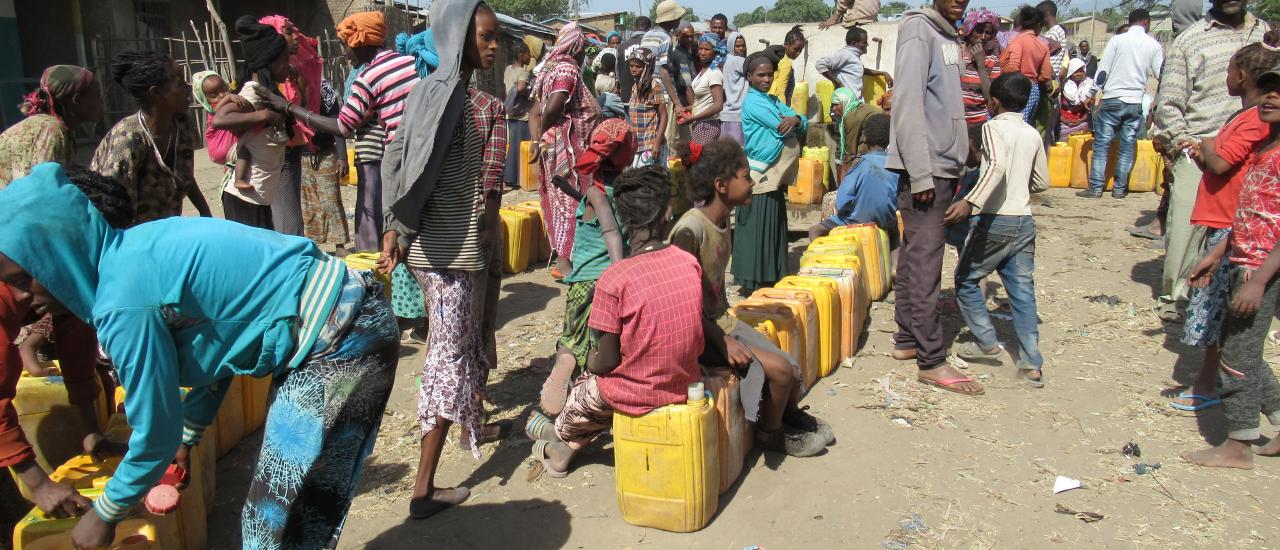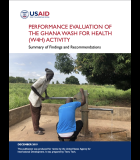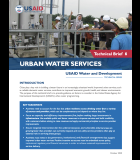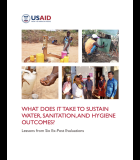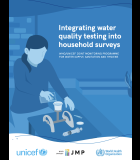Sustainable WASH investments underpin USAID’s Water and Development Plan. Achieving sustainability requires country partners and communities to have ownership of processes and systems in place to ensure that inputs and resources are able to be sustained after an activity ends. Monitoring and evaluation during activity implementation provide insight into USAID-funded activities' performance, but after the activity ends it is difficult to know if the outcomes observed will be sustained.
In support of its learning agenda, USAID is funding a series of six ex-post evaluations to further USAID’s understanding of why its completed WASH activities have or have not been sustained, provide insight into what happens after an activity ends, and how to potentially mitigate challenges in future programming. The series will inform USAID’s WASH activity design and implementation and contribute to a larger sector discussion on achieving sustainability.
As of 2017, four evaluations have been completed on closed activities: Rural Access to New Opportunities for Health and Prosperity’s sanitation and hygiene work in Madagascar; Indonesia Environmental Services Program’s water utility capacity building, microcredit, and finance work; the Ethiopia Millennium Water Alliance’s rural sanitation and water point construction, rehabilitation, and management activities; and India’s Financial Institutions Reform and Expansion–Debt and Infrastructure activity that partnered with central, state, and city governments to expand water and sanitation service access to the urban poor.
USAID is sharing these findings widely with water stakeholders and the broader sector through evaluation reports, blogs, briefs, and webinars, all available on Globalwaters.org. A forthcoming synthesis paper will share the series’ broader learnings.


